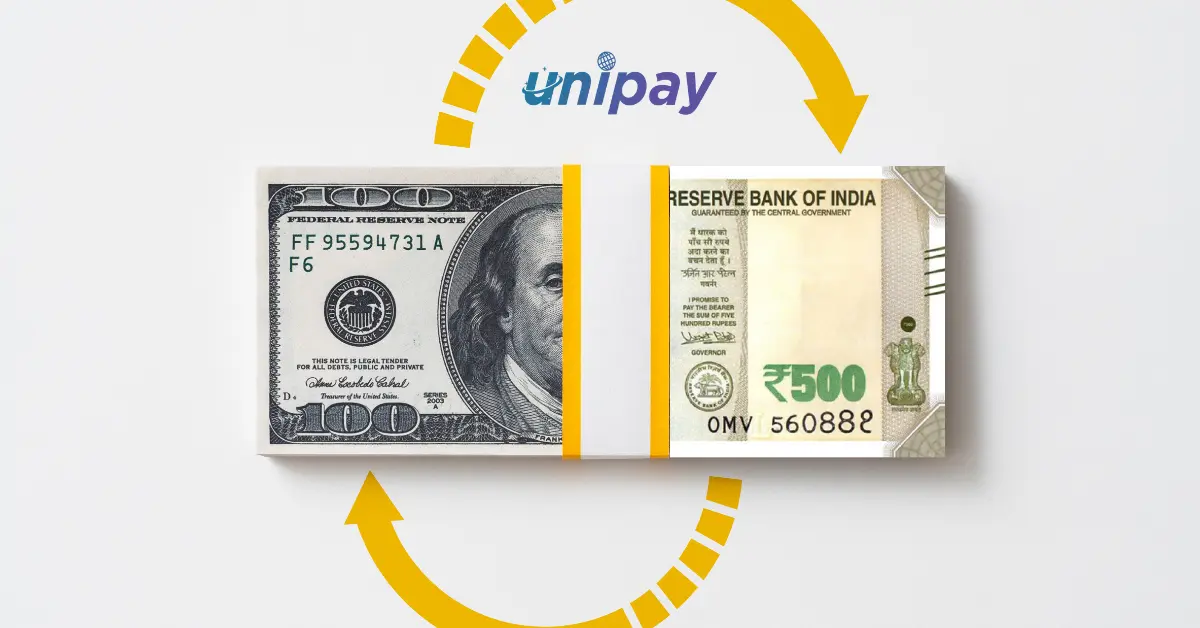When deciding to continue education overseas, several factors must be considered. Numerous costs and expenses, including living expenses, flight tickets, insurance, and tuition, may be incurred when studying overseas. These become the reason why many students are reluctant to apply for education loans to pursue what they want.
The Overseas Education Loan serves as an invaluable safety net, enabling students to pursue their goals and careers without worrying about financial burdens. Getting approved for an overseas education loan in India is quite easy as long as students meet the proper requirements.
Why Go Abroad to Pursue Your Studies?
World-class universities provide unique programs, top-notch facilities, advanced guidance, and continuous support for students as they pursue their academic goals. There are many advantages to studying abroad, one of which is the chance to interact with a diverse international community. Engaging with individuals from diverse backgrounds promotes global networking, language proficiency, and cultural understanding. This gives students a broader perspective on global challenges and aids in their quest for personal development and adaptability.
So, ultimately, the question comes down to this. How do students take out education loans to study abroad? In India, students who are over the age of 18 can get an overseas education loan that covers all their expenses. Here are some tips for getting approved.
Tips for Getting Approved for An Overseas Education Loan
Getting approval for an overseas education loan is a key step towards funding a student’s study abroad. Tuition, plane tickets, insurance, examinations, equipment costs, and living expenses are covered by education loans. Loans for extra expenditures are disbursed in instalments during the student’s study abroad period, or the complete package is disbursed in a one-time deposit. Lenders want proof of expenses to guarantee that the loan is used for educational purposes. Here’s an in-depth look at how to obtain an Overseas Education Loan.
- Check Eligibility Conditions: As previously stated, the eligibility criteria are the first and most important step to be considered. In addition to being a citizen of India, the student seeking a loan must have a good academic record. Also, he should already have proof of admission to an accredited institution abroad.
- Prepare the Necessary Documentation: Without valid documents, there’s no way a student can get a loan. It’s important to gather all necessary documents such as admission letters, residence proof, passport-size photos, academic documents, proof of admission, scholarship documents(if any), income proof of applicant, collateral details, and any other documents required by the lender.
- Consider Options for a Co-applicant: Although not required in most cases, a co-applicant or co-signer may be needed, taking into account the applicant’s financial situation and the type of loan. If the applicant lacks a strong credit history and stable income, or if collateral is needed, a co-applicant might be required. A co-applicant can be a parent, sibling, spouse, or extended family member and must be an Indian citizen.
- Apply As Soon As Possible: Applying urgently allows sufficient time for processing and approval. Begin the loan application procedure early to allow enough time for processing and approval. Some lenders may have lengthy processing times, especially for international applications.
- Keep Strong Credit Score: While it may not seem like much, having good credit can prove to be beneficial in the long run. Establishing and maintaining a good credit score is essential. A solid credit history is indicative of responsible money management. Students with little credit history can consider getting a credit card or small loan and paying it back on time to build credit.
- Conduct Research on Lenders: An important step is researching lenders who specialise in providing education loans. There are many banks, financial institutions, and government-sponsored programs that offer student education loans, Unipay Forex being one example. Further, gathering knowledge on interest rates, repayment terms, and eligibility criteria would be beneficial.
- Understand Repayment Conditions: The loan’s terms and conditions contain a number of topics. To ensure that students can comfortably handle loan repayments after graduation, it is important that they are aware of these concepts, including interest rates, repayment schedules, grace periods, and any penalties for late payments or defaults.
- Consult a Professional: Seek advice from loan officers, education consultants, or financial aid counsellors who specialise in financing for international students. They can help through the loan application process and offer tailored advice.
- Keep at It: Don’t give up if the first loan application is turned down. To find out why it was rejected, ask the lender for clarification. Then, look into other financing options. Looking into alternative lenders or modifying the application process accordingly could be necessary.
The duration of an education loan comprises three parts: the study term, the grace period (which can range from six months to a year, depending on the lender), and the repayment period. When requesting a student visa to study abroad, it is generally necessary to have a minimum bank balance for a period of 28 days. An Education Loan Sanction Letter from RBI-regulated banks serves as proof of funds when one plans to study overseas.
What Students Should Know Before Applying for Loans
Many Indian students aspire to study abroad and pursue higher education in prestigious universities. However, studying abroad is expensive, and not everyone can afford it. This is where foreign education loans come in handy.
Indian banks offer education loans to students who wish to pursue graduate or post-graduate courses and other job-related professional or technical courses in foreign countries. Indian lenders have a list of recognised nations, universities, and courses, and if your application is accepted, they will grant you a loan.
It is important to note that the loan amount, interest rate, repayment terms, and other conditions may vary depending on the lender and the course you choose. Therefore, it is advisable to do thorough research and compare different lenders before applying for an overseas education loan.
Conclusion
Students can apply for a foreign education loan for graduate or post-graduate courses and other job-related professional or technical courses if the courses and institutions that offer them are approved.
Unipay Forex services play an important role in easing the application process, assisting with documents, and giving financial assistance for living and other expenses. Choosing Unipay as a loan finance partner allows students to access internationally recognised programs and pursue their dreams abroad with the necessary financial support.




